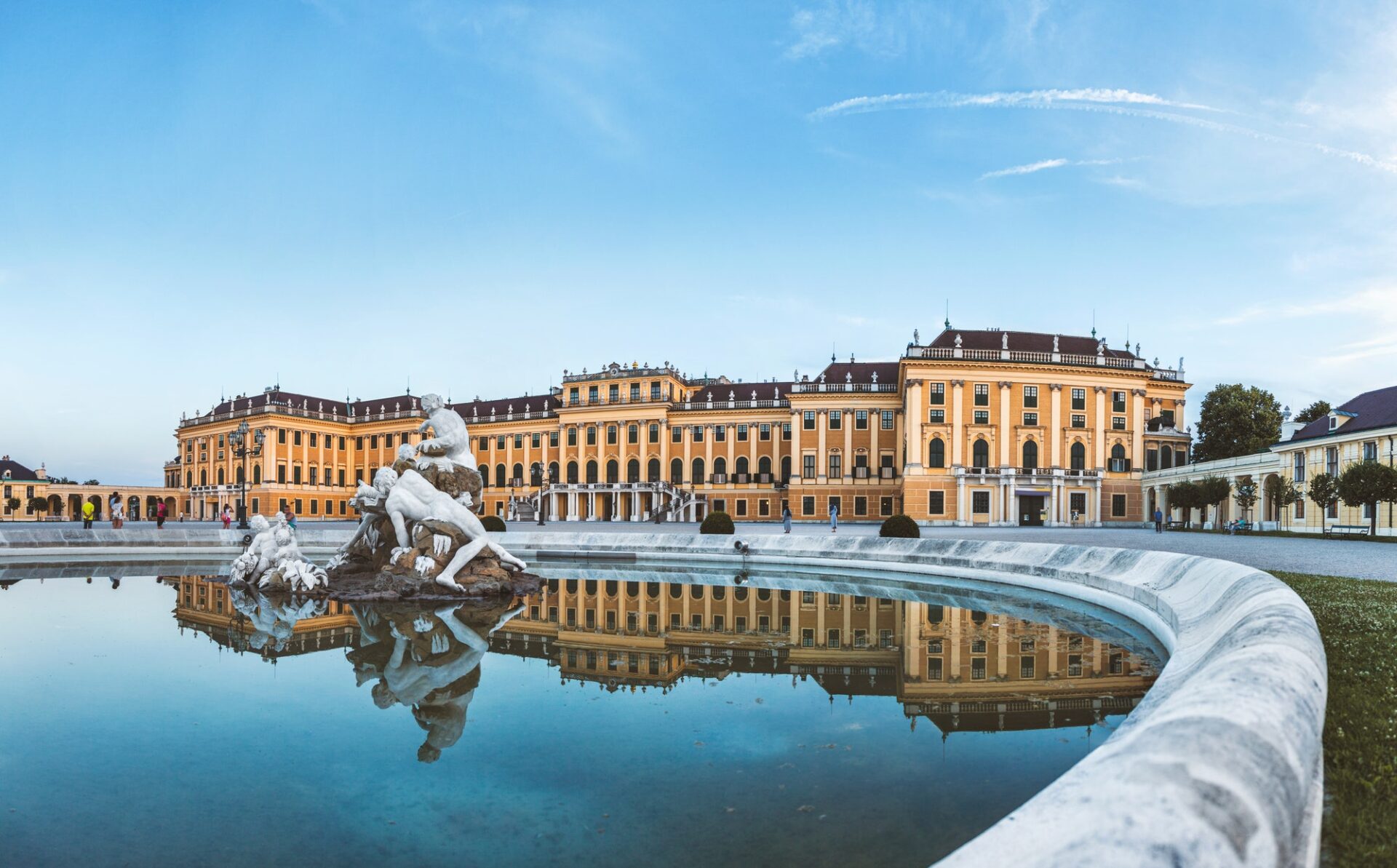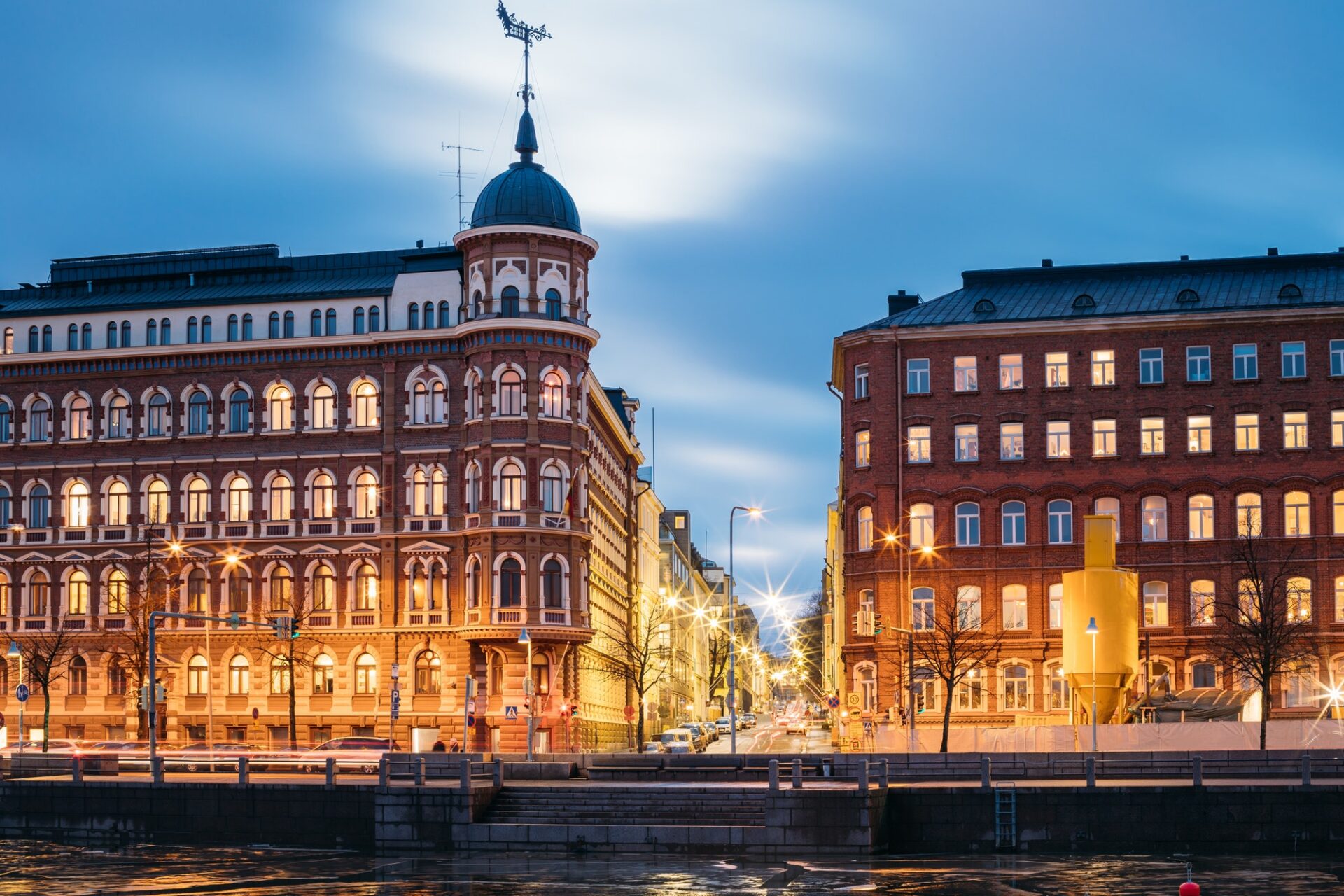Studying and living in France
Is the French Republic the right place to study? If you take into account that over 285,000 people from different countries study there, the answer can only be affirmative. Students from Poland also come near the Seine. Do you want to join them?
Universities and Study Organization in France
If you value the diversity of the educational offer, in France you will certainly have a choice. There are more than 3,500 public and private universities with a diverse organizational structure. In addition to traditional universities, in France, you can study in modern trade and engineering schools or elite Grandes Écoles. This is, obviously, not all because there are also prestigious high colleges with business, technical profile and so-called IEP profile providing education in the field of political science.
The organization of studies itself is practically nothing different from the one we can come across at Polish universities. Well, but we have to describe in a few words “Bolognese study”, then:
- three-year Bachelor’s degree course,
- two-year Master’s degree course,
- three-year PhD course.
The above scheme is applied to most French universities. Exceptions are, however, Grandes Écoles, as candidates are required to complete their two-year preparatory course(conducted by secondary schools) and pass a special exam. Learning at Grandes Écoles lasts 3 years and ends with a diplôme d’ingénieur or diplôme de Grand Écoles. If, however, after graduating from the preparatory course, someone finds out it is not a school for them, he or she can be transferred to the third year of Bachelor’s degree course without any problems.
Recruitment- Deadlines and Required Documents
The passed secondary school-leaving exam is required to take up studying at French universities. Recruitment for first-cycle studies for European Union citizens takes place through the website www.admission-postbac.fr, where you can also find a detailed guide for candidates in French. Entrance examinations are very rarely organized, so you will most often meet with a certificate competition or an interview.
Remember about the dates of registration for courses, as it usually lasts from mid-January to mid-March. The set of required documents should generally be delivered by April 2nd or 3rd.
Language Competence and Certificates
Nobody should be surprised by the information that studying in France is dedicated only to people who are fluent in French or English. There are as many as 600 English-language courses in the offer of French university education, and TOEFL or IELTS certification is required for candidates. Candidates for French-language studies must hold a DELF, DALF or TCF diploma.
How much does it all cost?
Well, studying in France does not belong to the cheapest, and I do not mean the tuition fees that individual universities charge, because they are somewhat symbolic. For example, a year of Bachelor’s degree course will cost you about 180 euros, whereas for the MA course it is 250 euros, and 380 euros for PhD. The annual tuition fee in technical colleges is slightly higher and amounts to about 500 euros. Most people who want to study in private schools will pay the most – from 3 to even 10,000 euros.
A man does not live by science alone, especially the young one. You also need to eat something and have a permanent place of residence. You will spend about 400 euros a month on food in France, and twice as much for the flat. You can, indeed, hope for finding a place in much cheaper dorms, but usually, hopes are often only that.
There are relatively few places, and priority is given to French students. The monthly cost of renting a flat in a free year is about 900 euros. It all depends, of course, in the city where you are. In the largest, such as Paris or Marseille, you will pay the most, but it’s probably no surprise. What is more, you also need to add transport costs (about 45 euros per month) and optionally spend a small sum on health insurance – the cheapest version is 42 euros per month. Now add up your potential expenses and note that studying in France is associated with an expenditure of 1,400 euros per month.
Student Life in France
Does this topic need to be developed at all? Studying in France is the end of the rainbow for thousands of people, so why would you be an exception? Excellent infrastructure, organization of work and centuries-old traditions of French education are the primary arguments for studying in France!
Finally, a small piece of advice: try learning French, since in France, there is still a general dislike for Shakespeare’s language.







